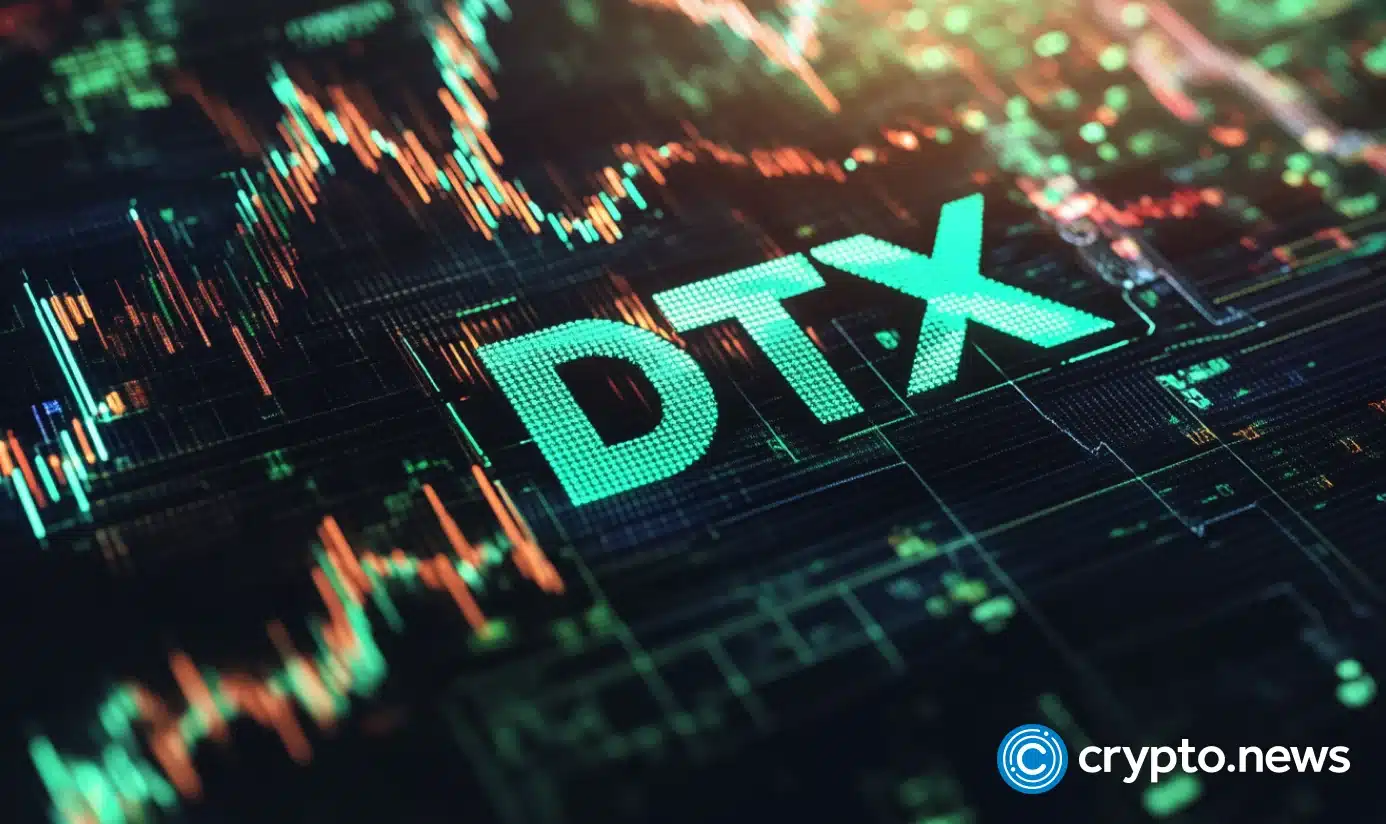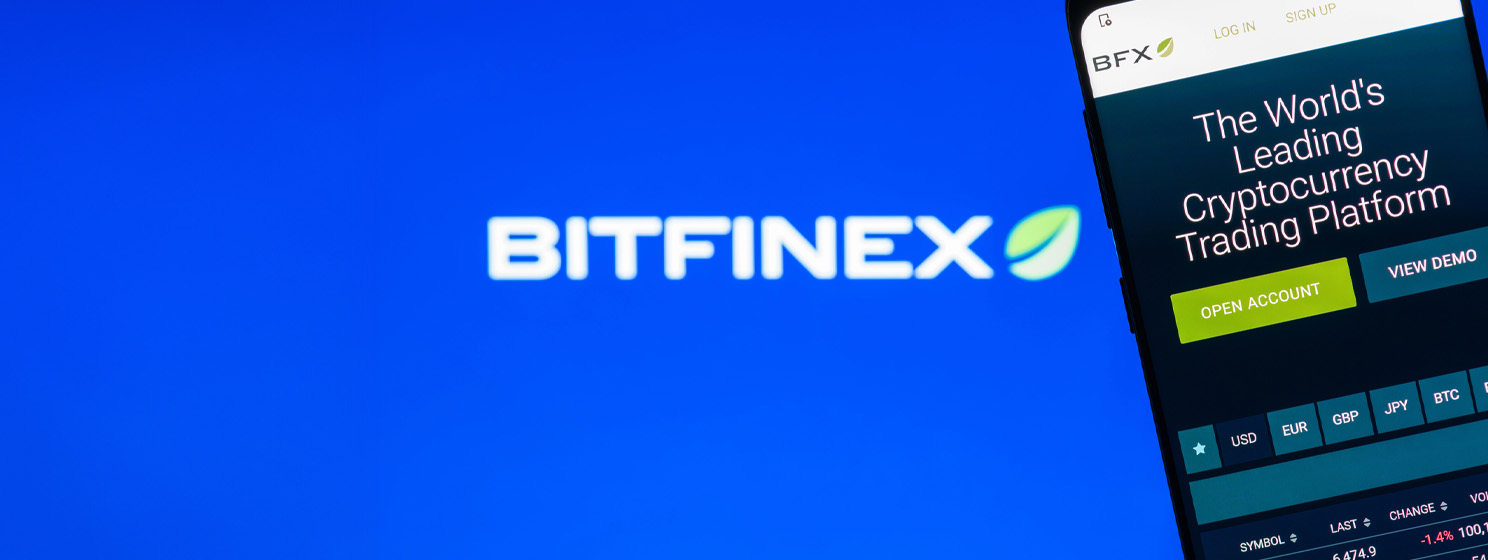SEC No-Action Letter for Turnkey Jet (TKJ): Key Elements and Insights
Determining the legal status of crypto assets in the U.S. can be very complicated, which often leaves projects in a highly uncertain position. To address this, the SEC designed a mechanism that allows projects to submit requests for No-Action Relief.
If the request is successful, the SEC will issue what is known as a No-Action Letter. It is essentially a legal opinion from the SEC regarding whether a particular form of crypto asset is or is not a security.
The SEC has already issued several No-Action Letters regarding the legal status of crypto assets. Below are the most important elements from the No-Action Letter for Turnkey Jet (TKJ). It’s a licensed U.S. air carrier that created a token that can be used to pay for the company’s services.
The TKJ token serves people who frequently travel by private jet, enabling them to speed up the payment and reservation process by using the token instead of dollars.
Characteristics of a Pure Utility Token
At first glance, it could be said that this is a pure utility token. It seems that the SEC thinks so as well. Among the reasons outlined in the No-Action Letter, we would highlight:
- TKJ will not use the proceeds from the sale of tokens to develop the TKJ platform, network, or application; all of these will be fully developed and operational at the time of the token sale;
- The tokens will be usable for their intended functionality (purchasing TKJ services) at the time of sale;
- TKJ will limit token transfers only to wallets that are verified within the TKJ platform. Token transfers will not be possible to wallets outside the platform;
- TKJ will sell tokens at a price of one dollar per token throughout the duration of the program. Each token will represent TKJ’s obligation to provide air travel services worth one dollar per token. If TKJ allows token redemption, it will only do so at a discount from the nominal value of the token;
- The token will be marketed in a way that emphasizes its functionality, not the potential for an increase in the market value of the token.
The Fine Line Between Utility and Security
To illustrate how important seemingly small details are in determining the legal status of a token, consider the following example. Imagine that TKJ used the funds collected to build the platform. Or, imagine that TKJ offered investors the chance to participate in revenue or profit in exchange for the funds raised. They may have even paid investors interest on their investment.
It should be noted that the legal status of a token is not a fixed matter. Now, suppose TKJ, despite receiving a No-Action Letter from the SEC, decided to change the token’s purpose. In addition to its use for air travel services, it also grants holders the right to participate in TKJ’s revenue. Now, the token would be considered a security.
It’s important to emphasize that the token’s use for air travel services does not affect its legal status as a security. In other words, the token would simultaneously be both a security and a utility token.
In conclusion, it doesn’t matter what you call a crypto asset or token. If it meets the criteria of the Howey Test, which we discussed earlier, issuing it in the U.S. requires compliance with legal obligations for registering and issuing securities.
Key Regulatory Obligations and Exemptions for Crypto Assets Classified as Securities in the U.S.
Let’s look at the most important obligations and why many projects try to avoid having their crypto asset classified as a security. U.S. federal laws require issuers of securities to follow specific rules. These laws aim to protect investors and ensure transparency.
- One obligation is filing a registration statement. Issuers must file this statement with the SEC before offering or selling securities to the public. It provides detailed information about the company’s financial condition, business operations, management, and the offered securities;
- Provide investors with information about the financial condition, business activities, risks, management, and all other relevant information that could affect an investment decision;
- Another requirement is periodic reporting. Companies that issue securities or have shares publicly traded on a regulated market must regularly submit reports to the SEC. These reports keep investors informed about the company’s financial and operational status. While this applies to securities, it may not always be the case with crypto assets.
These requirements significantly consume the human and financial resources of the securities issuer.
Opportunities for Companies Issuing Securities in the Crypto Space
However, it’s not all bad, and there are two reasons for this.
- The first is that any company that chooses to issue a crypto asset that has the legal status of a security by meeting the rigorous requirements set by the SEC and continuously fulfilling reporting and compliance obligations sends a strong positive signal to investors, business partners, and even its clients/consumers.
- The second reason is that there are certain exceptions to the application of regulations that impose strict obligations on all securities issuers. These exceptions are:
- Reg D (506b, 506c) allows for the raising of an unlimited amount of money without having to file a request with the SEC. It is available exclusively to U.S. companies, and they must intend it solely for accredited and institutional investors;
- Reg CF (Reg crowdfunding) allows for raising up to 5 million dollars. It is available only to U.S. companies. Companies must submit a relevant request to the SEC, but they can then offer and sell securities to all U.S. investors (individuals and legal entities, accredited and institutional investors);
- Reg A (Tier 1) allows for raising up to 20 million dollars within a 12-month period. U.S. companies must submit relevant requests to the SEC to participate. All U.S. investors can participate;
- Reg A (Tier 2) allows for raising up to 75 million dollars within a 12-month period. It is available only to U.S. companies, with the obligation to submit relevant requests to the SEC. All U.S. investors can participate;
- Reg S allows for raising an unlimited amount of money for both U.S. and foreign companies. The submission of relevant requests to the SEC is mandatory. However, only investors who are not U.S. residents can participate in the offering and sale of securities.
Remember, investing in cryptocurrencies involves risks, and it’s important to conduct thorough research and seek professional advice before making any financial decisions. (Please keep in mind that this post is solely for informative purposes and should not be construed as financial or investment advice.)

















 English (US) ·
English (US) ·